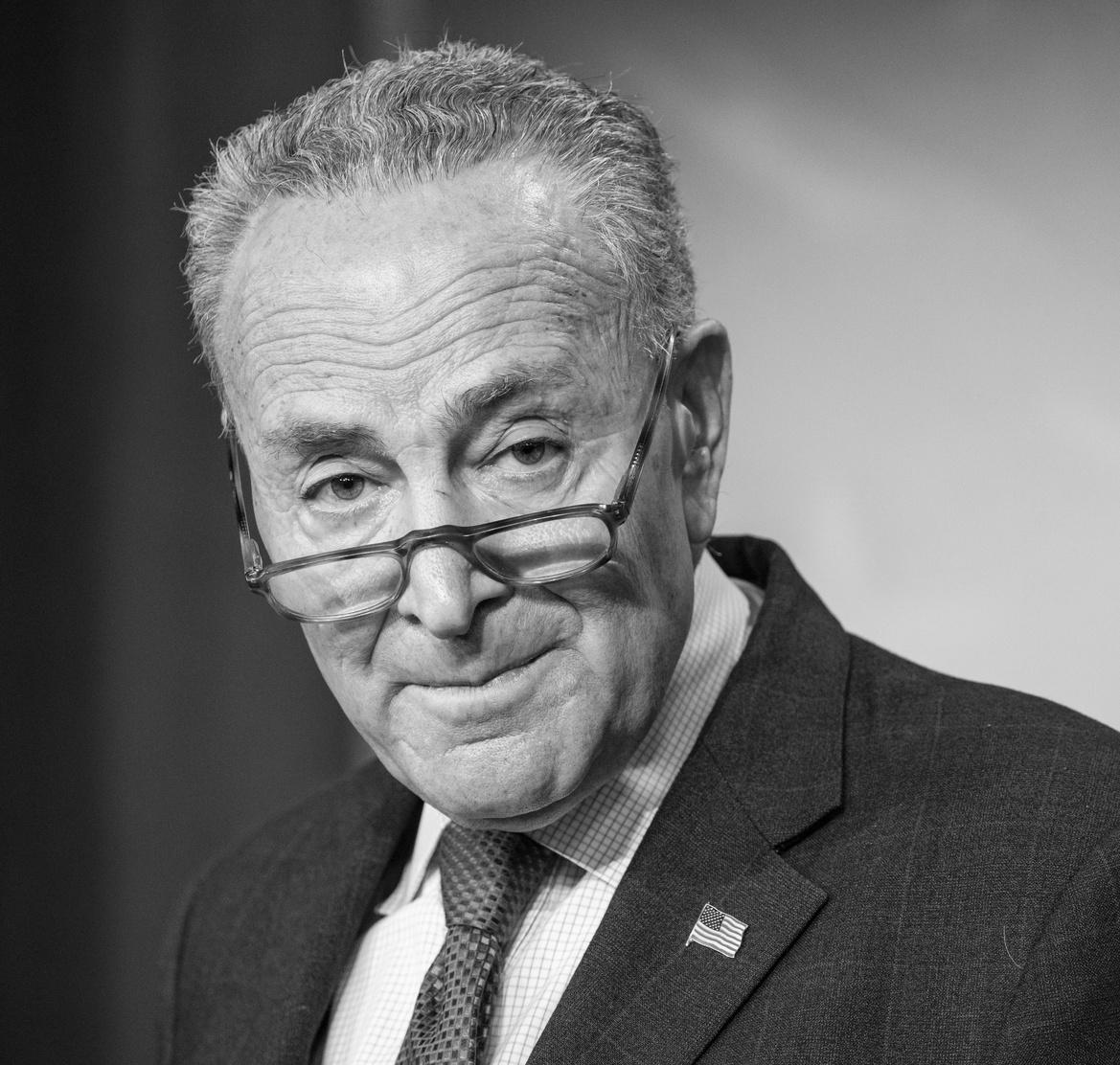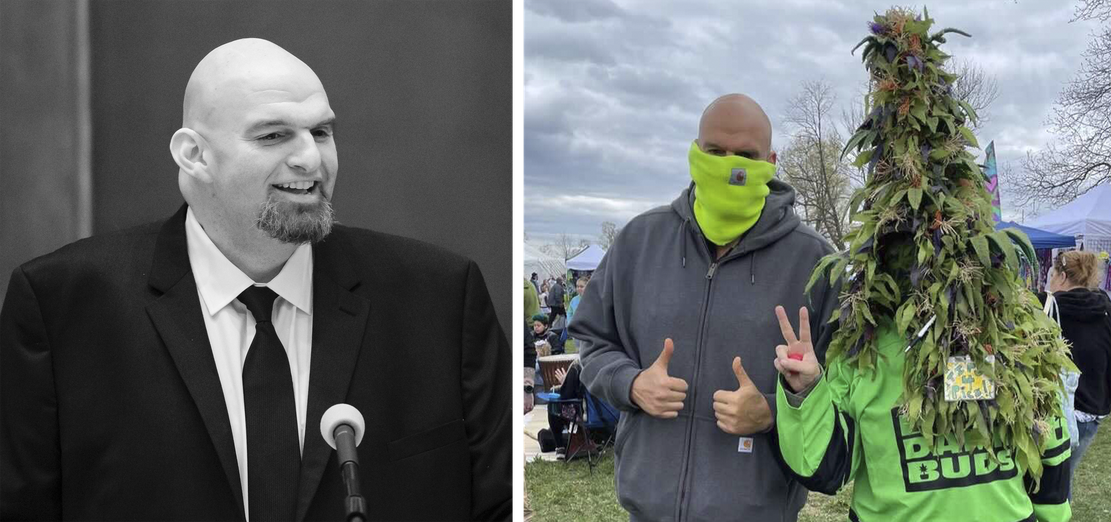In 1971, a group of high school students invented a numerical code for stoners that has grown into the ultimate high holiday. Fifty years later, federal legalization for marijuana is no longer a pipe dream—and cannabis is poised to become America’s next $100 billion industry.
At 4:20 one afternoon in 1971, five San Rafael High School friends in Marin County, California, huddled around the campus’ statue of Louis Pasteur and studied a hand-drawn map while they passed around a joint. The “X” marked the spot where a friend’s brother had supposedly grown a few marijuana plants that were ready to be harvested on Point Reyes Peninsula.
The group, who called themselves the “Waldos” because they liked sitting on a campus wall to toke up, piled into a car and drove to Point Reyes in search of the cannabis.
“This went on for weeks,” recalls Dave Reddix, one of the Waldos, who’s now a filmmaker. “We would remind each other in the hallway, ‘420, Louis,’ which became code to meet at the statue, get high and find the patch. We never found the patch.”
The Waldos might have not discovered what they were looking for, but they stumbled upon something much bigger, a code—which they shortened to 420—that has become synonymous with cannabis culture for half a century.
Today, on the fiftieth anniversary of 420, the U.S. government still considers cannabis one of the most dangerous drugs, and, technically speaking, every CEO, investor and employee of a state-legal marijuana company is breaking federal law.
But the irony is that what started as a joke among teenagers has blossomed into the ultimate high holiday—the Black Friday for cannabis. Last year, sales during the week of 420 surpassed a record of $126 million across six states tracked by data firm BDSA. And the U.S. cannabis industry, which reported record annual sales of $17.5 billion last year, is poised to reach $41 billion in annual sales by 2025, according to Cowen.
There is still plenty of work to be done to legalize cannabis at the federal level, but if the members of Congress think it is still up for debate in America, they must be high. The country has long since passed the tipping point: According to the latest Gallup Poll, 68% of Americans believe marijuana should be legal and the latest Quinnipiac Poll puts it even higher, at 70% of registered voters.
After New Mexico became the seventeenth state to legalize adult use last week, more than 40% of the country’s population now lives in a state where cannabis is legal for those over 21, and 32 other states permit medical marijuana use in some form. For now, only two states—Idaho and Nebraska—still consider marijuana just as illegal as heroin.
While cannabis is still banned under federal law, Senate Majority Leader Chuck Schumer, along with Senators Cory Booker (D-N.J.) and Ron Wyden (D-Ore.) are drafting a bill that would finally legalize it. Such legislation would transform the legal American cannabis industry of today with $17.5 billion in annual sales into a $100 billion juggernaut by 2030, says Vivien Azer, an analyst who covers cannabis at Cowen.

Smoke Signal: Senate Minority Leader Chuck Schumer has supported legalization since 2018 and will put forth a bill even without President Biden’s support.
Samuel Corum/Getty ImagesWhile Schumer’s forthcoming cannabis bill is not a lock to pass the Senate—especially since it would need ten Republican votes and President Biden is not in favor of legalization—supporters believe they are on the right side of history. In an interview with Politico earlier this month, Schumer said he will introduce the bill with or without Biden’s blessing. “At some point we’re going to move forward, period,” he said.
The momentum is certainly there. Last night, on the eve of 420, the House passed the SAFE Banking Act, which, if approved by the Senate, will finally allow banks and financial institutions to do business with cannabis companies without the risk of being prosecuted under federal law. When that happens, says Robert Hoban, an attorney who has specialized in cannabis law for more than a decade, pressure will ramp up as institutional investors begin to lobby politicians to de-schedule marijuana.
That will be welcome news to John Fetterman, the 6-foot-8, tattooed Lieutenant Governor of Pennsylvania who is running for the Senate in 2022 and has long been vocally pro-legalization. Five years ago, on 420, Fetterman stood on the roof of his house in Braddock, Pennsylvania, a depressed steel town outside Pittsburgh, to record a video for his first failed Senate campaign that called for legalization. He has also been known to hang cannabis and pro-LGBTQ rights flags from the balcony of his office in Harrisburg. To celebrate 420 this year, Fetterman attended the Kutztown Cannabis Festival over the weekend and is marching up the steps of the Pennsylvania Capitol.
He is not in favor of legalization because he’s a pothead, however—he hasn’t smoked since attending Burning Man in 1999. Rather, Fetterman, who received his master’s in public policy at Harvard, supports cannabis legalization because he has seen what criminalization does to people, specifically communities of color. Braddock, where Fetterman served as mayor for 13 years, is a predominantly Black town so he has seen the devastation up close.

Keystone Crusader: Pennsylvania’s Lt. Governor sees parallels between the same-sex marriage debate and legalization. “Why are we arguing about it?”
Matt Rourke/AP Photo, Celeste Trusty“A lot of the young kids [in Braddock] had these stupid weed charges,” he explains. “They got caught with a blunt or whatever, and it would really hold them back. In many cases, it was the start of a criminal record—it’s ridiculous.”
Now that neighboring New York and New Jersey have legalized cannabis, Fetterman thinks that it’s obvious what his state and the country must do next. “We mint 20,000 weed arrests every year in Pennsylvania,” he says. “We can fill [Penn State’s] Beaver Stadium with stupid new weed charges every five years. And that is just a tragedy.”
Besides the social justice issues, there is a huge economic incentive for states to legalize. Matt McGinley, an analyst at Needham, says the industry currently employs 300,000 full-time employees and by 2025, that number will hit 500,000. McGinley believes the only unpredictable aspect right now is when the federal government will end prohibition—not if.
“We passed the point of return. There’s no moving backward,” he says. “If this industry could be shut down, it’s like firing the population of Pittsburgh or Orlando. By 2025, the number of people working in the industry will be the size of Baltimore. It’s not politically feasible.”
But the loyal opposition is still up for a fight. Kevin Sabet, president and CEO of non-profit Smart Approaches to Marijuana, a group that supports decriminalization but opposes legalization, expects cannabis to remain a controlled substance in the short term. “Schumer doesn’t have the votes,” Sabet says, “and there are plenty of Democrats who don’t want this to happen.”
Sabet, whose latest book explores “what the marijuana industry doesn’t want you to know,” says that legalization is a big mistake because “it’ll put it in the hands of massive corporations that don’t have public health in mind.”
While Sabet argues that Americans should not be rooting for legalization because the cannabis industry is being taken over by Big Tobacco, Big Alcohol and Big Pharma, the corporatization of cannabis is perhaps the biggest sign that legal marijuana is here to stay. Altria (maker of Marlboro and other cigarettes), Constellation Brands (owner of Corona and Svedka), Molson Coors and Jazz Pharmaceuticals have collectively invested billions of dollars into cannabis companies.
Fifty years from this 420, cannabis billionaire Boris Jordan believes there will be only five pure-play cannabis companies left standing.
Earl Blumenauer, the longtime pro-cannabis representative from Oregon who co-chairs the Congressional Cannabis Caucus, says if he were a betting man, he would put the odds at 2 to 1 that this Congress legalizes marijuana. Blumenauer believes the momentum that began in 2012, when Colorado and Washington became the first states to legalize adult use, has picked up dramatically since November 2020, when five states, including New Jersey and Arizona, voted to legalize. And it shows no signs of stopping in 2021 as three states—New York, New Mexico and Virginia—all voted to legalize adult use this year through legislative action supported by each state’s governor. New York’s medical and adult-use market alone will add $3.1 billion in annual sales by 2025, Cowen estimates, while New Mexico is gearing up to generate $520 million in annual sales.
“I think it’s probably the most opportune moment to pull all of these pieces together,” Blumenauer says. “I think it’s very likely.” While he expects legalization to happen, it “won’t be a slam dunk,” he admits—it will be difficult to get the votes.
And yet the kinds of people who now support marijuana legalization is mind-bending—particularly for those who have been on the front lines of the fight since the 1970s. John Boehner, the former Speaker of the House and staunch cannabis opponent while he was still in Congress, is now a lobbyist for the industry. In an interview with CNBC last week, Boehner said he drinks red wine and smokes cigarettes, so if someone wants to light up a joint, that’s not a big deal. “It’s time for the federal government to get the hell out of the way,” he said.
Americans for Prosperity, a group funded in part by Charles Koch, the libertarian oil billionaire, formally joined the fight to end federal prohibition with a newly formed organization called the Cannabis Freedom Alliance.
Despite such strange bedfellows advocating for legalization, Boris Jordan, the billionaire chairman of Curaleaf, the largest cannabis company in the world, thinks it will be “impossible” for legalization to pass this year. “This will be a heavy lift,” Jordan says, whose net worth of $2 billion has tripled over the last 12 months, thanks to Curaleaf’s stock rallying some 250%. “You have a president who is adamantly against cannabis, maybe even more so than Trump.”

High Expectations: Cannabis billionaire Boris Jordan thinks cannabinoids will eventually become “just another ingredient in consumer-packaged goods.”
Gabriele Holtermann-Gorden/Sipa/NewscomBut like any savvy investor, Jordan has also hedged his position. “You have had so much state-based legalization in the last six months and more to come,” he says, “that they might have no choice but to legalize from the pressure from governors and attorneys general.”
After that, the future of cannabis may be, well, a little boring. Fifty years from this 420, Jordan believes there will be only five pure-play cannabis companies left standing.
“The rest of the companies will be consolidated into Big Tobacco, Big Alcohol, Big Confectionery and Big Food and Wellness companies,” says Jordan. “The supply chain will be stabilized, and the cool excitement and discovery of new cannabinoids will seem rudimentary. Eventually, cannabinoids will become just another ingredient in consumer-packaged goods.”
But boring might be also good, considering how marijuana prohibition has ruined countless lives.

Justice Isn’t Colorblind: Cannabis entrepreneur Wanda James thinks U.S. laws have “stamped out any of the visionaries who are Black or brown from first-mover advantage,”
Courtesy Wanda James, Getty ImagesWanda James, an entrepreneur who co-owns Simply Pure, one of two Black-owned dispensaries in Denver, says that people of color have been long locked out of the industry due to racism. James says that before marijuana was made legal in her state, 34% of the people arrested for possession in Colorado were Black, even though Black people make up less than 8% of Colorado’s population. James had to fire her brother because he had a drug felony on his record from a pot arrest. “These policies stamped out any of the visionaries who are Black or brown from first-mover advantage,” says James, who has high hopes about 2021.
“If I was a betting person, yes, this is the last year we’ll have an illegal 420,” she says. “But my record ain’t good—I’ve been saying this every year since 2009.”
"last" - Google News
April 20, 2021 at 03:20PM
https://ift.tt/2RKK5Kt
Welcome To The Last Illegal 420 - Forbes
"last" - Google News
https://ift.tt/2rbmsh7
https://ift.tt/2Wq6qvt
Bagikan Berita Ini















0 Response to "Welcome To The Last Illegal 420 - Forbes"
Post a Comment